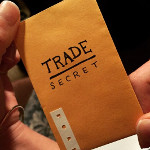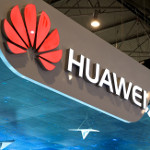Webinar: Obtaining Software Patents Using New Patent Office Guidance
 Fitch, Even, Tabin & Flannery LLP will present a free webinar, “Back on Track?: Obtaining Software Patents Using New Patent Office Guidance,” featuring Fitch Even attorneys Timothy R. Baumann and George N. Dandalides.
Fitch, Even, Tabin & Flannery LLP will present a free webinar, “Back on Track?: Obtaining Software Patents Using New Patent Office Guidance,” featuring Fitch Even attorneys Timothy R. Baumann and George N. Dandalides.
The event will be on Wednesday, March 20, 2019, at 9 am PDT / 10 am MDT / 11 am CDT / 12 noon EDT. It also will be available as an on-demand webinar after presentation.
Obtaining patents for software-related inventions has become more difficult in recent years, in the U.S. and throughout the world. However, recently released USPTO guidance addressing patent eligibility under 35 U.S.C. § 101 and § 112, among other developments, offers some amount of much-needed clarity and direction.
During this webinar, presenters will share information and insights on:
• USPTO’s 2019 Revised Patent Subject Matter Eligibility Guidance
• USPTO’s 2019 Guidance on Examining Computer-Implemented Functional Claim Limitations
• How to use the recent guidance fruitfully, including claim-drafting strategies and evaluation of example claims
• Drafting strategies for filing software patent applications in foreign jurisdictions
• What the future may hold for software patentability





